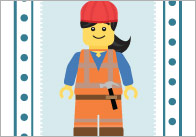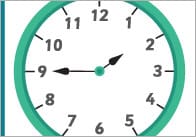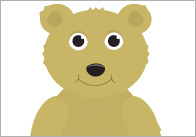Deaf awareness: help and support for parents

This is our inaugural blog post so we thought we’d start with a bit of background information about deafness in the UK. This is something we care passionately about and we thought it would be good to share some of our knowledge with the ELHQ audience as it can be the cause of a great deal of distress for many parents.
Facts about deafness
– There are more than 10 million people in the UK with some form of hearing loss.
– There are more than 45,000 deaf children in the UK, plus many more who experience temporary hearing loss.
– By 2031, it is estimated that there will be 14.5 million people with hearing loss in the UK.
– More than 800,000 people in the UK are severely or profoundly deaf.
– There are approximately 356,000 people with combined visual and hearing impairment in the UK.
If you are worried about a child’s hearing ask your GP to refer you to an audiologist.
Help and advice
If your child has hearing loss there are a number of societies that can help. The National Deaf Children’s Society www.ndcs.org.uk is a good first contact. They will put you in touch with your local group and then you will be able to meet other parents and families who are experiencing the same as you. They are also able to give unbiased information that can help you make the right decisions/choices for your child.
We at Talk with Sign Books are here to help when you are ready to make decisions about the communication method best for you, your child and your family.
British Sign Language (BSL) has been the preferred method of communication for the D/deaf for many years now and over 70,000 people in the UKuse BSL as their first language.
We have resources that will give you all the information you need about D/deafness, Deaf Issues and Deaf Culture. We have books and DVDs on Cochlear Implants, British Sign Language and Lip Reading, plus lots more www.talkwithsign.com the staff have over 10 years experience in this field and are able to help with your choice of title.
Useful tips
Please be Deaf Aware, make sure you are facing a deaf person when speaking to them. There is no need to shout, just speak normally. Do not come up behind a deaf person and tap them on the shoulder, always approach from the front.
Don’t forget Deafness is a hidden disability and so if someone does not acknowledge you when you speak to them, it may be because they are D/deaf. Make sure you face them and then speak.
Jan and Morag run Talk With Sign, a specialist bookshop relating to deafness and deaf culture.
Popular Teaching Resources
Stay Up To Date
Sign up for our newsletter and we’ll let you know when we create new early years resources.





